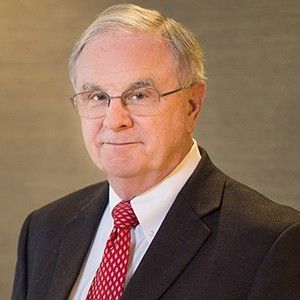- Our Professionals
- Our Professionals
- Key Services
- Our Blog
Recent Blog Posts
The Superfund Trust Fund is Growing,
not ShrinkingApril 17, 2024E&W Law Welcomes New Partner Len Miller
April 15, 2024Army Corps Proposal to Rescind Appendix C Regulations
February 13, 2024
- Contact Us
Our Locations
- Washington, DC (Headquarters)
- Oklahoma City, OK
- Atlanta, GA
- Other locations include:




